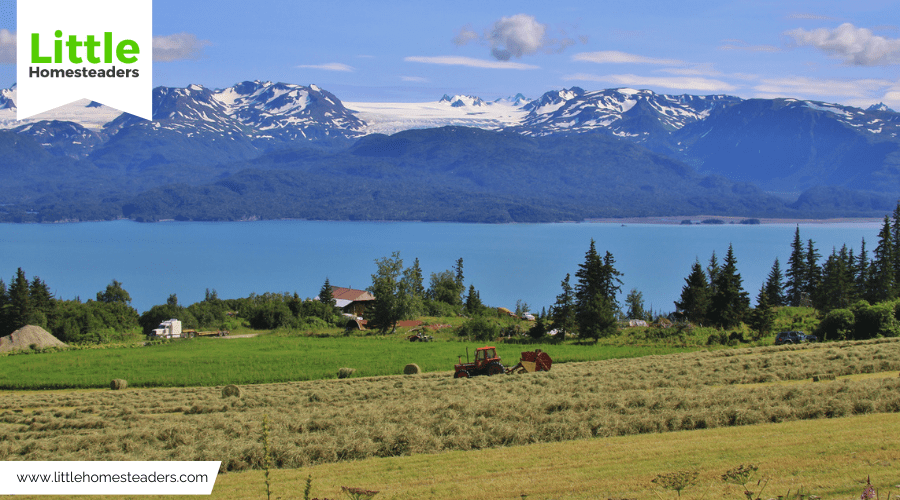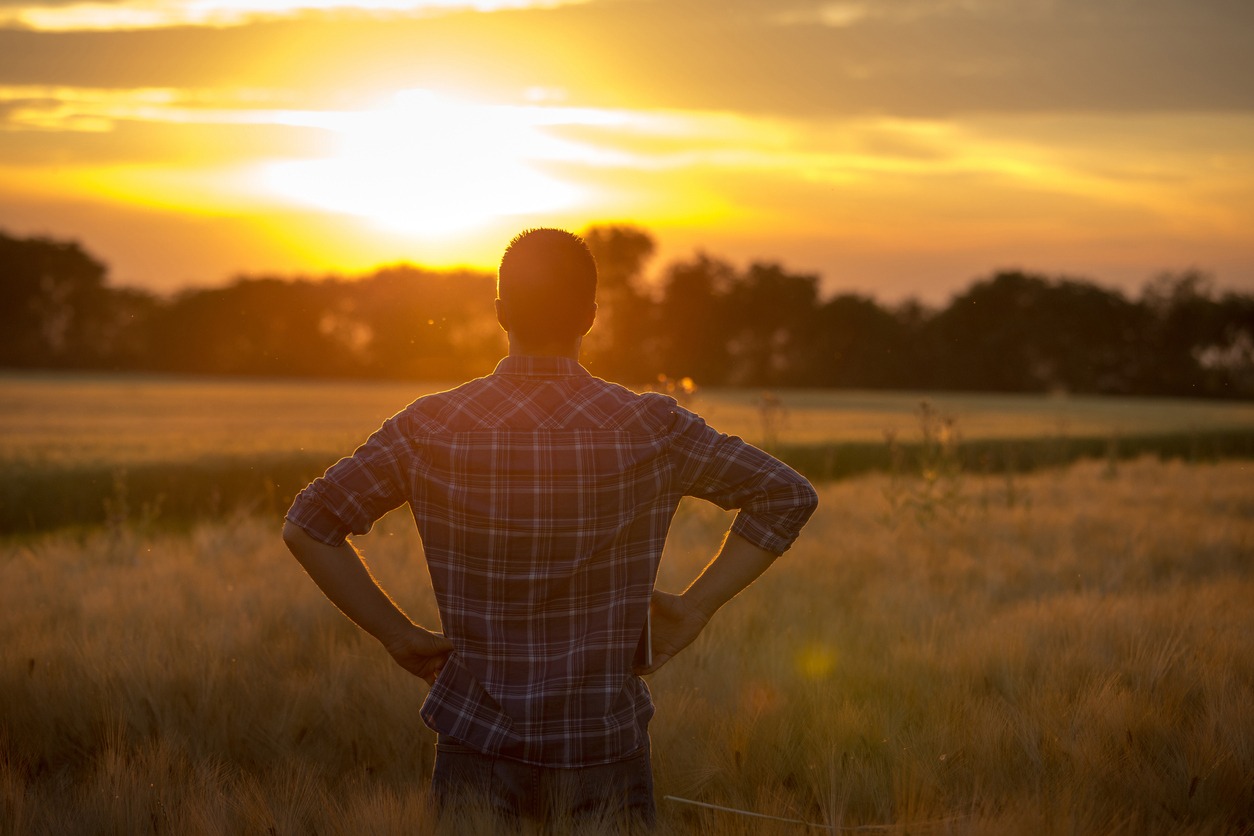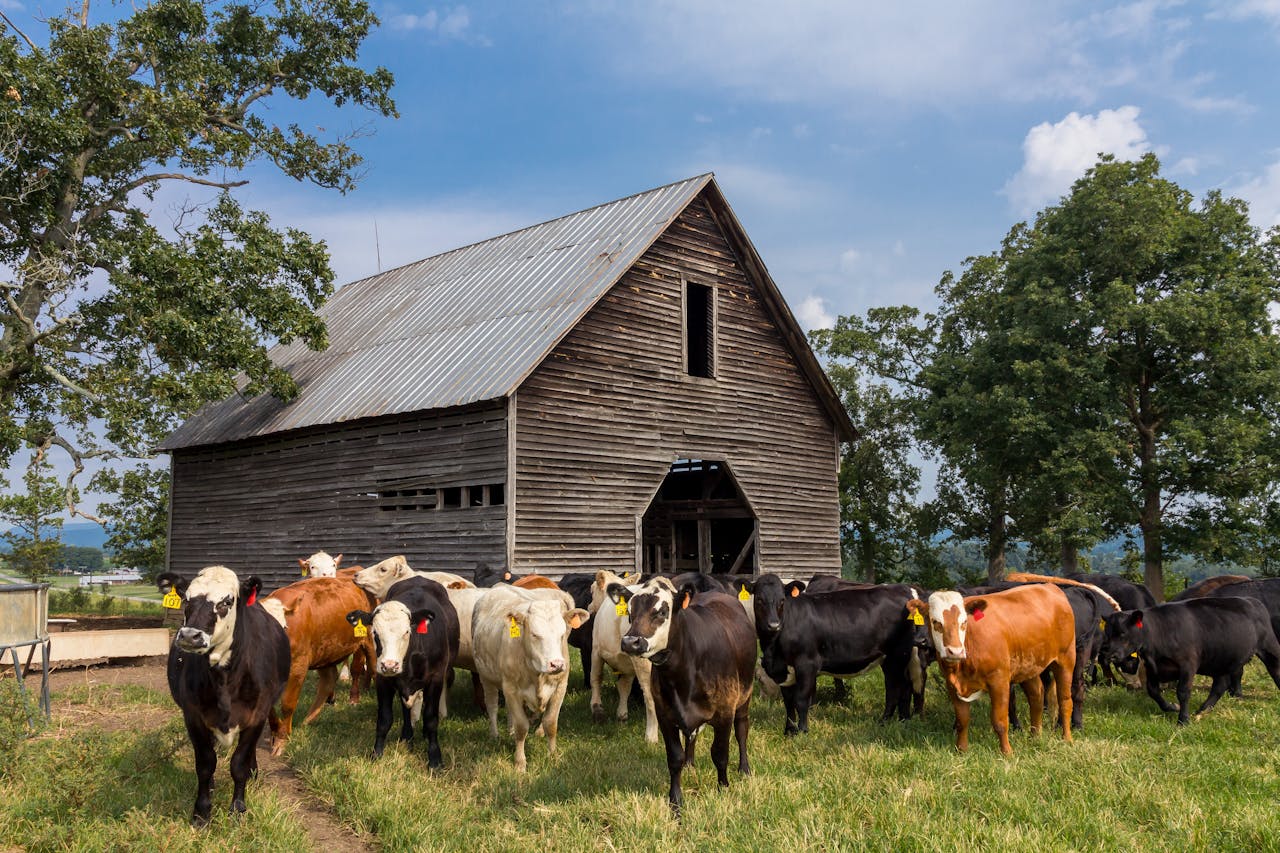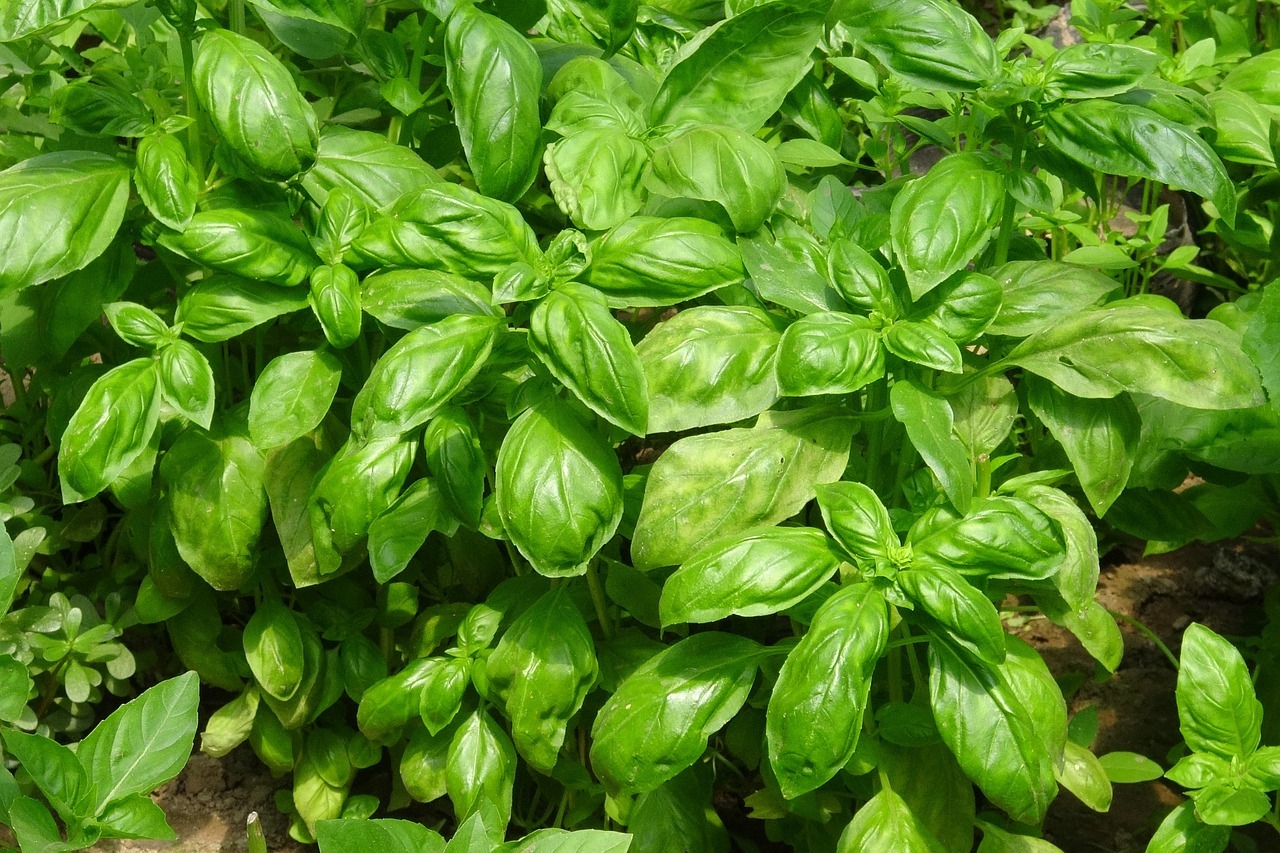What to Consider Before Starting a Homestead: Essential Tips
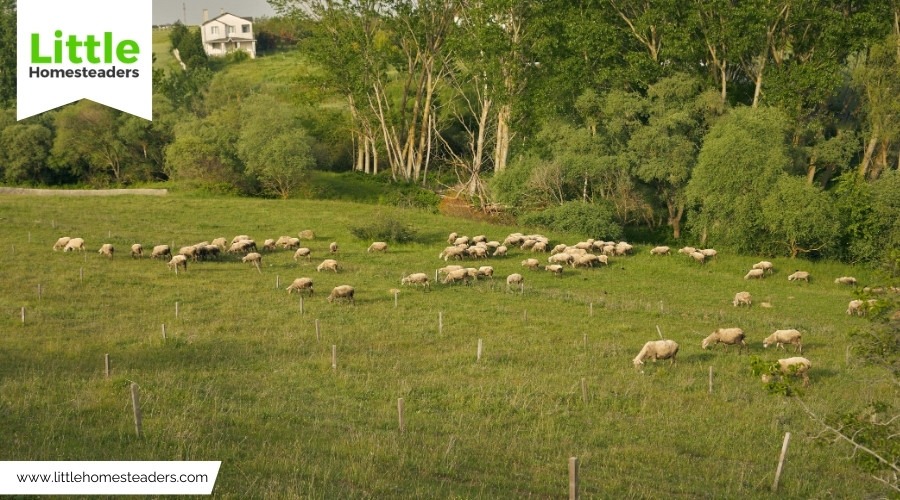
Homesteading is more than just a lifestyle—it's a way to reconnect with nature, take control of your resources, and live more sustainably. Whether you're dreaming of a big farm or simply want to make your backyard more productive, it's a rewarding path. But before you jump in, there's a lot to think about. Let's break it down into practical steps so you can start your journey prepared and confident.
Assessing Your Resources
To start homesteading, you need to know what you're working with. Let's start with your land. How big is it? What's the soil like? If you're not sure, a simple soil test from your local garden center can give you insights into its health. Good soil is key, especially if you're planning to grow food. Also, think about water. Is there a well? Do you get enough rain to set up rain barrels? Without water, even the best soil won't get you far.
Money is another big factor. Homesteading isn't free, even if it's about simplifying life. Write down all the potential costs—tools, seeds, fencing, livestock, feed, and so on. Then add a cushion for unexpected expenses. Trust me, there will be surprises. And don't forget to think about your time. Homesteading is hands-on and requires a daily commitment. Be honest with yourself about how much time you can give.
Finally, think about your skills. Can you build a chicken coop or fix a fence? If not, that's okay. Everyone starts somewhere. There are plenty of books, online videos, and local workshops to help you learn. But make a list of what you'll need to learn so you can get started.
Defining Your Homesteading Goals
Why are you drawn to homesteading? Is it to grow your own food, save money, or live more sustainably? Knowing your "why" will help you set clear goals. For example, if you're focused on self-sufficiency, you might prioritize gardening and raising chickens. If income is part of your plan, you'll need to research what sells well in your area, like fresh eggs or handmade goods.
Start small. It's tempting to do everything at once, but homesteading is a marathon, not a sprint. Begin with one or two projects, like planting a vegetable garden or setting up a compost bin. Once you've got the hang of those, you can add more. And don't forget to involve your family. Talk openly about what homesteading means and make sure everyone is on board. Shared responsibilities make the workload lighter and keep everyone invested in the process.
Evaluating Land and Property
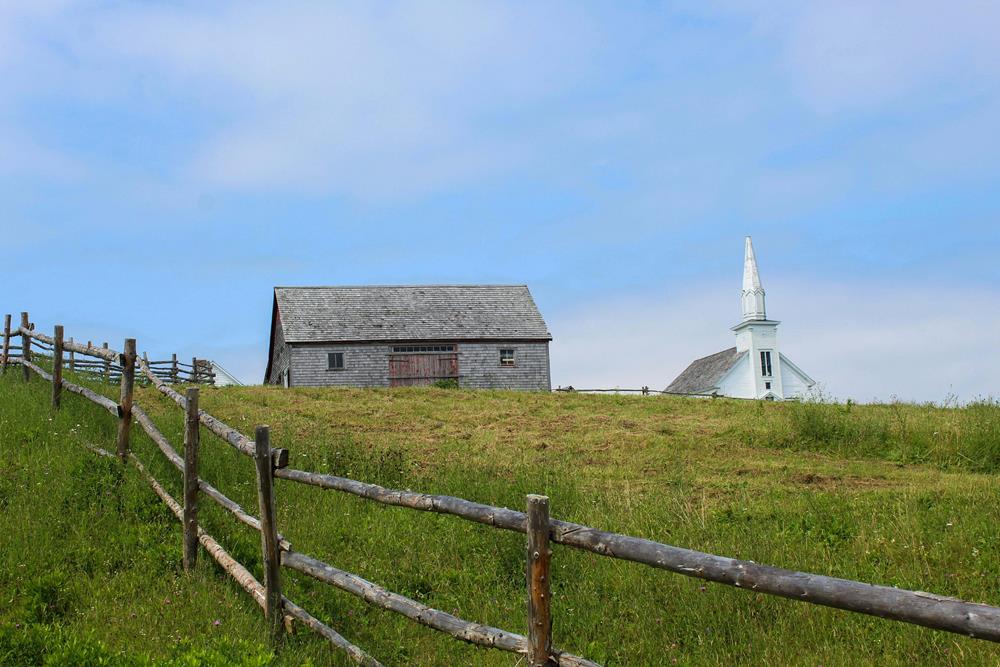
If you're choosing land for your homestead, look closely at its features. Is the soil fertile? If not, can you improve it with compost and other amendments? Does the land have good drainage, or does it flood easily? Think about the layout too. Flat land is easier for gardening, but slopes can be great for grazing animals or planting orchards.
Water is essential, so check your options. A well is ideal, but if you don't have one, consider rainwater collection systems or nearby streams. Research the local climate as well. What's the average rainfall? How long is the growing season? These factors will shape what you can grow and raise.
Don't forget zoning laws. Some areas have restrictions on livestock or even certain types of fencing. It's better to know upfront than to find out after you've started. And if you already own property, look at its proximity to towns or cities. While being far from urban centers has its charm, access to markets, schools, and healthcare is also important.
Building Essential Skills
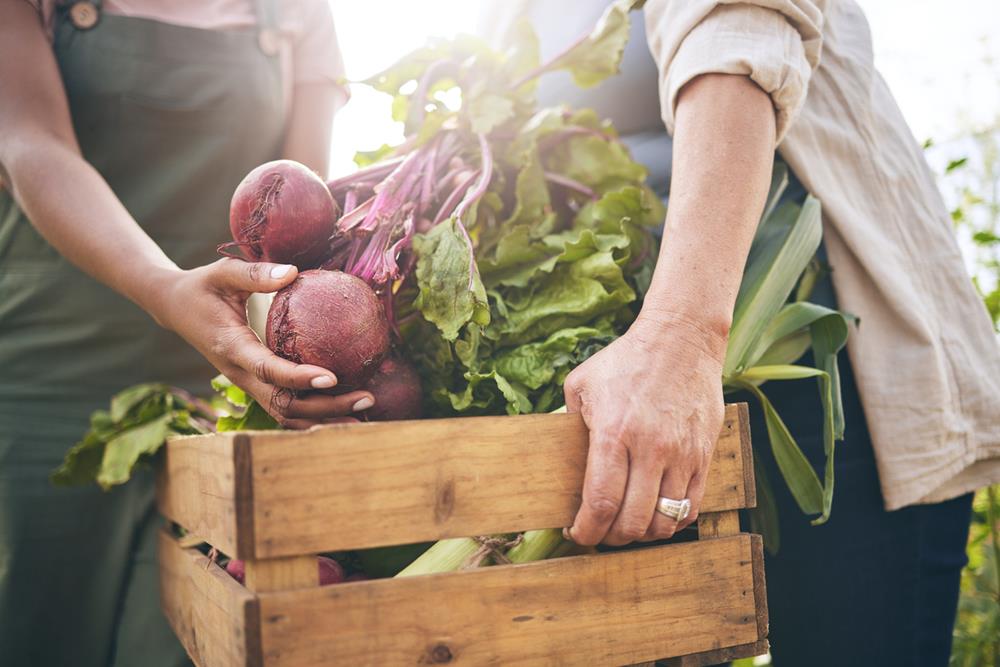
Homesteading is all about doing things yourself, so it helps to have some basic skills under your belt. Start with practical ones. Can you build or repair simple structures? Knowing how to use basic tools like hammers, saws, and drills will go a long way.
Animal care is another area to focus on. Chickens are a good first choice if you're new to livestock. They're relatively easy to care for and give you fresh eggs as a bonus. Learn about feeding, housing, and keeping them healthy. Gardening is also essential. Start with easy crops like tomatoes, lettuce, and herbs. They grow quickly and give you confidence to tackle more complicated plants later.
Food preservation is a must if you want to enjoy your harvest year-round. Canning, dehydrating, and freezing are all good methods to learn. If you're interested in going a step further, try fermenting foods—it's a great way to preserve vegetables and add probiotics to your diet.
Planning for Financial Stability
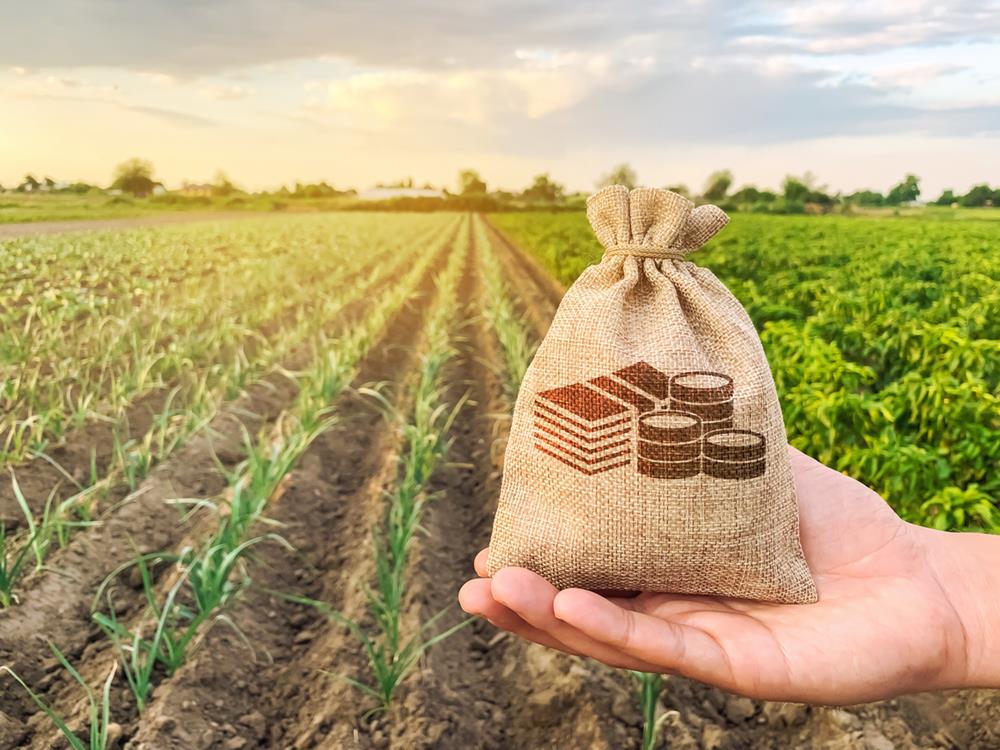
Homesteading can save you money in the long run, but it's not cheap to start. Before you plant a single seed or buy your first chicken, make a budget. List all your expected costs and add a buffer for surprises. For example, if you're building a fence, you might need extra materials or tools you didn't think of initially.
Think about ways your homestead can generate income. Selling eggs, honey, or handmade products like soap can bring in extra money. Some homesteaders offer workshops or host farm stays to earn additional income. And if you have a skill that allows you to work remotely, that's another way to balance your finances while homesteading.
Avoid debt if you can. It's tempting to take out loans to get started quickly, but debt can put a lot of pressure on your homesteading journey. Instead, start small and scale up as you can afford it. Also, plan for long-term needs like healthcare and retirement. Homesteading might simplify life, but those big-picture items still need attention.
Preparing for Challenges
Let's be honest: homesteading isn't easy. Crops fail. Animals get sick. Equipment breaks. These challenges are part of the process, and the best way to handle them is to be prepared.
Start by learning how to troubleshoot common problems. For example, if your plants are struggling, learn to recognize signs of nutrient deficiencies or pests. If a chicken gets sick, know when to handle it yourself and when to call a vet. Having the right tools and knowledge makes these situations less stressful.
Homesteading is also physically demanding. You'll be digging, lifting, and bending regularly. Make sure you're physically up to the task and take breaks when needed. Mentally, it's important to stay flexible. Things won't always go as planned, and that's okay. Celebrate small victories, and don't be too hard on yourself when things go wrong.
Creating a Support Network
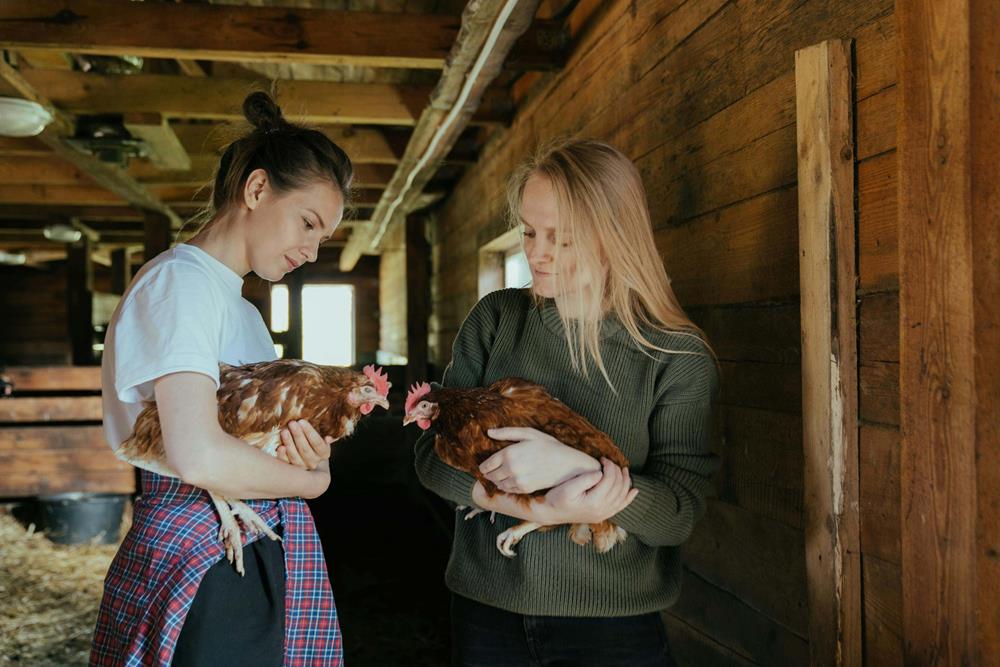
Homesteading might seem like a solitary pursuit, but having a support network makes a world of difference. Join local groups or online forums where you can share advice, ask questions, and connect with like-minded people. These communities are often full of experienced homesteaders who are happy to help newcomers.
Family and friends can also be a great resource. Whether it's helping you build a structure or sharing a meal from your garden, their involvement can make the journey more enjoyable. Don't hesitate to ask for help—many people enjoy contributing to projects like this.
Finally, build relationships with local suppliers and service providers. They can offer discounts or advice that's specific to your area. And if you're lucky, you might even find a mentor—someone who's been homesteading for years and can guide you through the ups and downs.
Sustainability and Environmental Considerations
At its heart, homesteading is about working with nature, not against it. Focus on sustainable practices like composting, collecting rainwater, and reducing waste. If possible, use renewable energy sources like solar panels to power your home or farm.
Another way to stay sustainable is by planting native species. They're adapted to your climate and require less maintenance, which means less water and fewer resources overall. Finally, think about how to reuse and repurpose materials. Old pallets can become garden beds, and glass jars can be used for food storage.
Conclusion
Homesteading is a journey that's as rewarding as it is challenging. By taking the time to plan, learn, and prepare, you can set yourself up for success. Start small, stay patient, and celebrate every step forward. With determination and a bit of resilience, you can build a homestead that's not just productive, but truly fulfilling.

